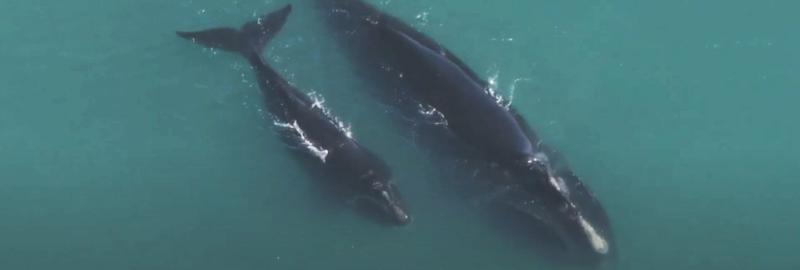 WWLP-22News reports that at least 160 North Atlantic right whales were spotted in Cape Cod Bay and along South Shore at the end of last week. Given that the highly endangered species are estimated to number fewer than 400 animals, the right whale sightings in the area are extremely impressive.
WWLP-22News reports that at least 160 North Atlantic right whales were spotted in Cape Cod Bay and along South Shore at the end of last week. Given that the highly endangered species are estimated to number fewer than 400 animals, the right whale sightings in the area are extremely impressive.
The Massachusetts Division of Marine Fisheries has extended the small vessel speed restriction in Cape Cod Bay through May 15, 2021. Small vessels (less than 65’) are required to travel at speeds no greater than 10 knots in this area. Right whales are highly susceptible to injury and death due to vessel collision. A complementary federal speed restriction in the area applies to vessels 65’ and greater until May 15.

 The title of an article in CNN was intriguing —
The title of an article in CNN was intriguing —  Denmark is planning on building three offshore wind farms with 200 turbines with a 3 GW capacity 100 kilometers off the coast in the North Sea. Later phases of the project include an additional seven wind farms with 470 turbines. On its completion, the entire project will have a capacity of 10 GW.
Denmark is planning on building three offshore wind farms with 200 turbines with a 3 GW capacity 100 kilometers off the coast in the North Sea. Later phases of the project include an additional seven wind farms with 470 turbines. On its completion, the entire project will have a capacity of 10 GW.  First Officer Mohammed Aisha had been stranded on the “cursed” MV Aman, for almost four years onboard, stuck off the Egyptian coast. He has finally been freed and has flown home to Syria.
First Officer Mohammed Aisha had been stranded on the “cursed” MV Aman, for almost four years onboard, stuck off the Egyptian coast. He has finally been freed and has flown home to Syria. We recently
We recently 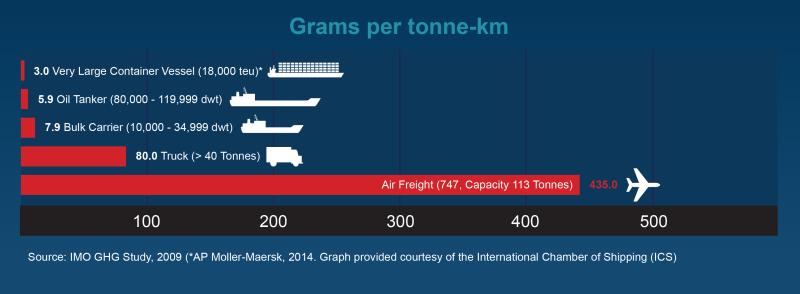
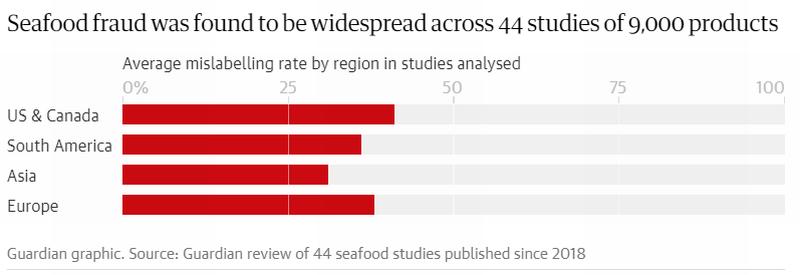

 The Indonesia Navy announced that it has located debris from the missing submarine
The Indonesia Navy announced that it has located debris from the missing submarine  The Indonesian submarine KRI
The Indonesian submarine KRI 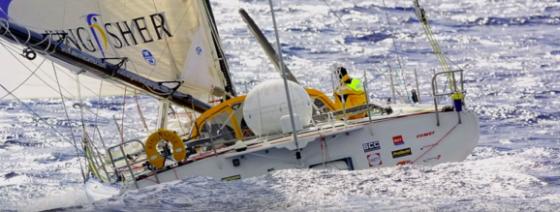 I realize that I am in a rut. Every Earth Day, I say the same thing. Over 70% of the surface of this planet is covered by water, so referring to the planet as “earth” is just wrong. But be that as it may, the misnamed planet is still called “earth” and Earth Day is a worthwhile celebration of protecting the planet, both the dirt and the watery portions.
I realize that I am in a rut. Every Earth Day, I say the same thing. Over 70% of the surface of this planet is covered by water, so referring to the planet as “earth” is just wrong. But be that as it may, the misnamed planet is still called “earth” and Earth Day is a worthwhile celebration of protecting the planet, both the dirt and the watery portions. 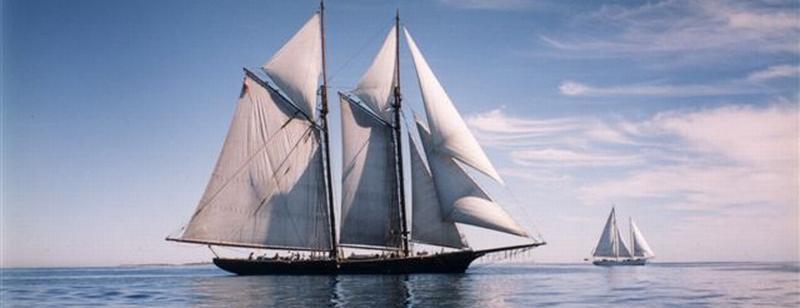
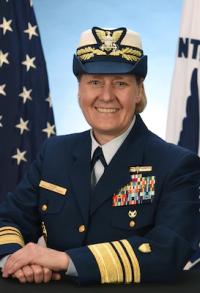
 For several years now we have followed the progress of the autonomous sailing drones developed by the aptly name firm,
For several years now we have followed the progress of the autonomous sailing drones developed by the aptly name firm, 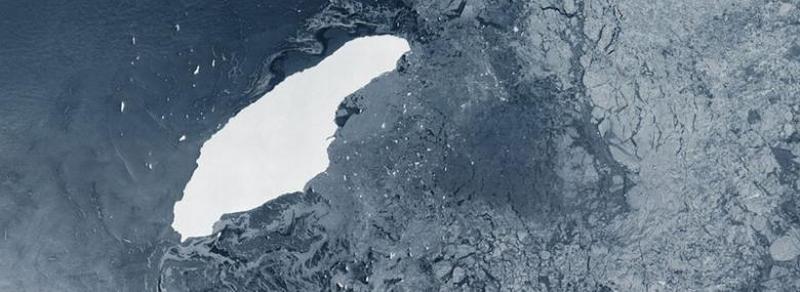 Antarctica’s iceberg
Antarctica’s iceberg 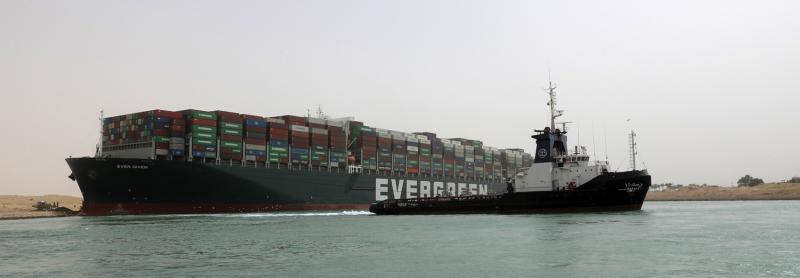 The
The  In June 2020, an intense fire broke out in the bow of the French nuclear attack submarine
In June 2020, an intense fire broke out in the bow of the French nuclear attack submarine 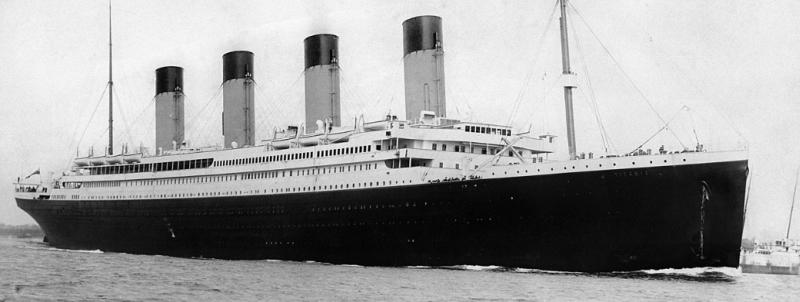 One 109 years ago today, the
One 109 years ago today, the 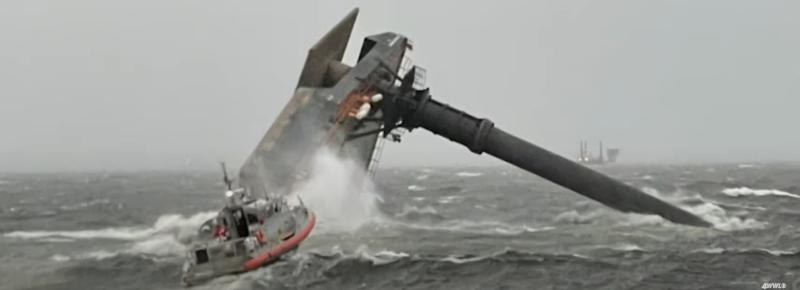 The lift boat
The lift boat